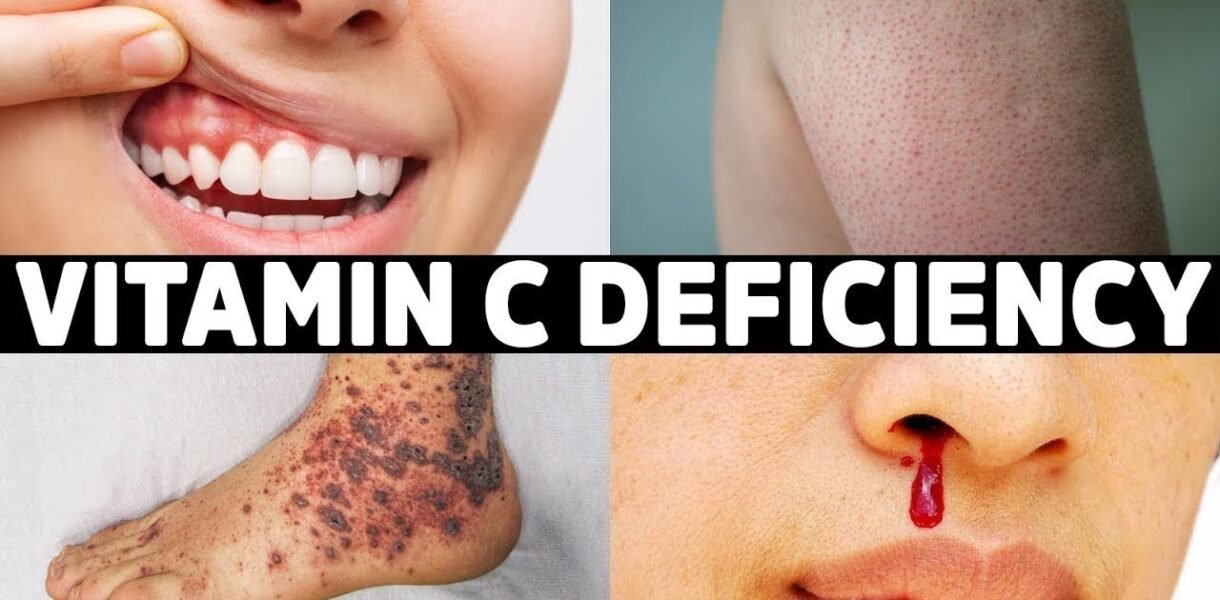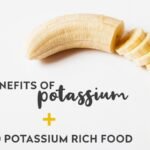Table of Contents
Let’s talk about the best indicators of a vitamin C deficiency. It’s crucial to understand that synthetic vitamin C is very different from natural vitamin C. In nature, vitamins come as a complex. Ascorbic acid, which is synthetic vitamin C, is only one piece of the vitamin C complex.
The 7 Signs You’re Not Getting Enough Vitamin C
There are roughly about 7 ways to know if you are low in vitamin c .
Vitamin C explained
But I first wanna cover some confusions about vitamin c .

The first one is between synthetic vitamin c and natural vitamin c .
If you look this up , you’ll you’ll be told that they’re the same .
There’s no difference between synthetic vitamin c and natural vitamin c .
Chemically , they’re the exact identical molecules .
Well , these studies , if you actually read them , mainly talk about absorption rate .
It’s absorbed the same .
Well , they might be the same , but in nature , they’re very , very different .
In fact , ascorbic acid , which is now called vitamin c , really is just one little piece of the vitamin c complex .
In nature , you never see just plain ascorbic acid .
But when you see the studies that show there’s no difference between synthetic versus natural , they’re really only talking about absorption rate .
They’re not talking about if vitamin c created an effect in the body .
They’re mainly talking about , well , it absorbs at the same rate in the same amount .
But I wanna know , will it actually fix my problem ?
Well , even the gentleman who discovered vitamin c , okay , back , I think it was 1939 , said that you can’t cure scurvy , with isolated ascorbic acid .
You can’t cure scurvy .
Scurvy is a severe vitamin c deficiency .
And I’m not saying that there’s no benefits from synthetic vitamin c .
I just want to let you know there’s a huge difference between synthetic versus what you see in nature that is part of the vitamin c complex .
And most of the synthetic vitamin c that is sold out there is made by China , and they make it from sulfuric acid in cornstarch .
And you’re gonna tell me that’s the same thing as what they have in nature .
Well , I don’t think so .
In nature , vitamin c comes as a complex .
You have ascorbic acid as one part .
You also have vitamin p , which is the the bioflavonoids part , And p stands for permeability because it’s related to vascular permeability .
And this is why if you’re deficient , you tend to have more bleeding because there’s more leaking through your capillaries
And then you also have vitamin k as part of the vitamin c complex too .
So that’s included in a lot of functions , and the j factor has to do with increasing oxygen in the lung .
And you also have copper as a trace mineral within the vitamin c complex in an enzyme form called tyrosinase , which is involved in rebuilding collagen , okay , and connective tissue .
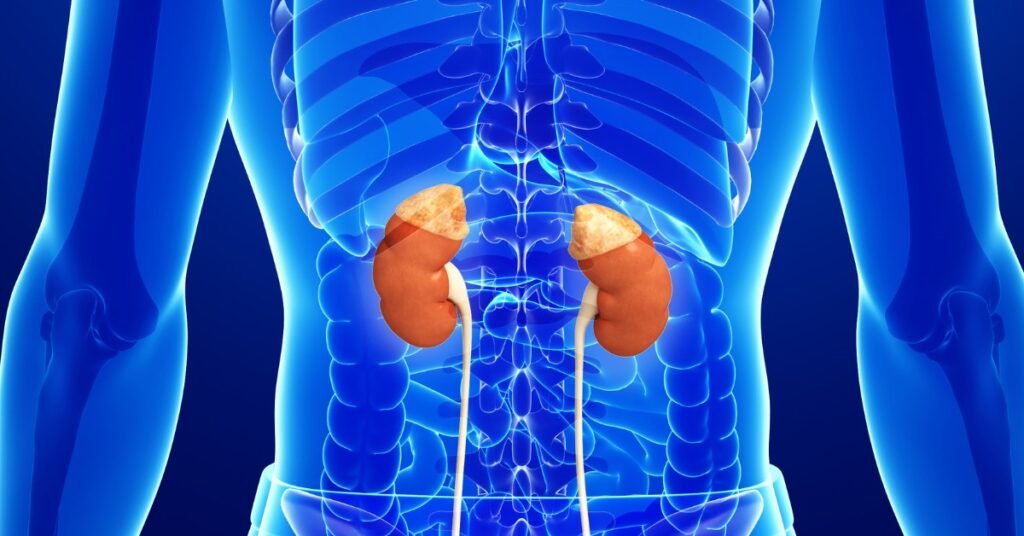
So this is why vitamin c is very , very important in collagen formation , connective tissue , joint health , and a lot of the vitamin c is stored in the adrenal glands .
And your white blood cells also need vitamin c as part of the immune system .
When you take vitamin c , the duration of your cold can be a little bit less , but your immune system needs vitamin c .
Benefits of vitamin C
Vitamin c is good for connective tissue and also supporting the walls of the capillaries to make sure they don’t leak .
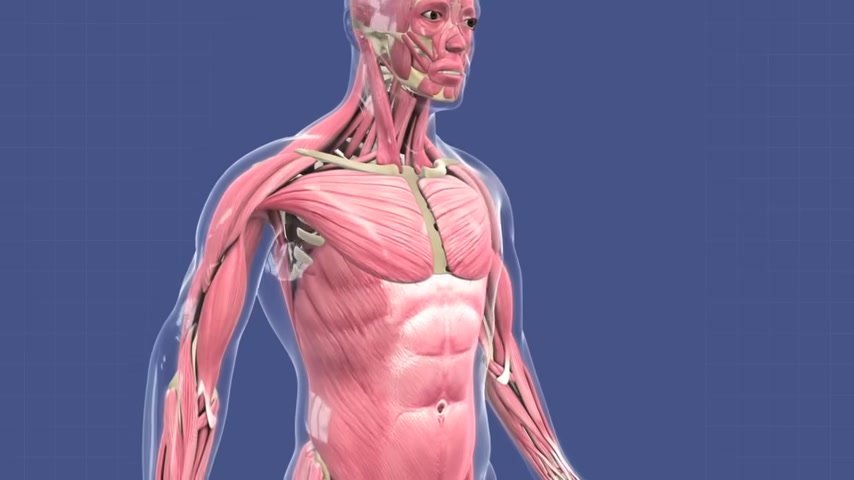
Vitamin c is a very powerful antioxidant .
In one study , which I’m gonna put down below , they tested in a lab .
So they took vitamin c , and they wanted to see if it it was a really good antioxidant .
And they found it actually was a pro oxidant , okay , in this study .
Well , what does that mean ?
Well , very simply , if you envision a free radical , okay , which is it’s kind of an unpaired electron .
Let’s say you took this little plate that’s spinning on my finger , and you had 2 different weights on either side to balance it out as it spins .
And then you took one of these these weights off .
You can compare that to a free radical because it’s an unpaired electron .
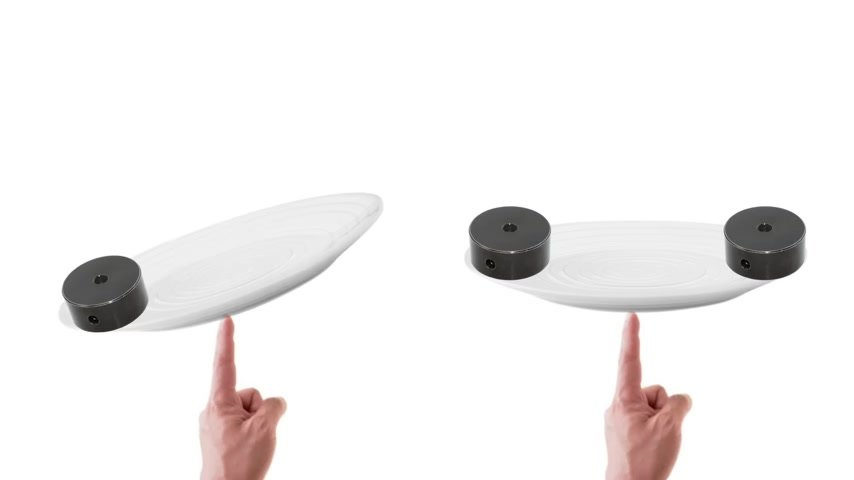
So we have , something that’s not gonna balance .
And since the thing is spinning , you can have a lot of damage with this unstable radical molecule .
And antioxidant comes in and donates that missing electron , so now it can be balanced and spin and be more stable .
But if you’re gonna take , ascorbic acid , okay , or any synthetic antioxidant , And what’s gonna happen , it’s going to donate its electron , and then it itself is gonna be unpaired .
It becomes a free radical .
In nature and in your body , you you always have networks of antioxidants .
So the one donates electron , it can then receive another electron from another antioxidant , and they can share their electrons .
In fact , vitamin c helps to regenerate vitamin e with this very , same mechanism .
Because , let’s say , for example , you have a lot of , problems in your arteries and vitamin e is donating the electrons and you also took vitamin c .
Vitamin c can help recharge the vitamin e so it can then start donating more of these electrons to help with this antioxidant effect .
Top symptoms of low vitamin C
What are the ways that you can determine if you’re low in vitamin c ?
number 1 , the big one is bleeding gums .
If you brush your teeth and it’s now these red little streaks in your toothbrush and you’re bleeding and your gums , chances are you’re low in vitamin c .
Number 2 , you might have these small little red and purple dots on your skin .
Sometimes you see them in the lower leg .
Sometimes they can be anywhere on the body .
But this is an indication of low vitamin c .
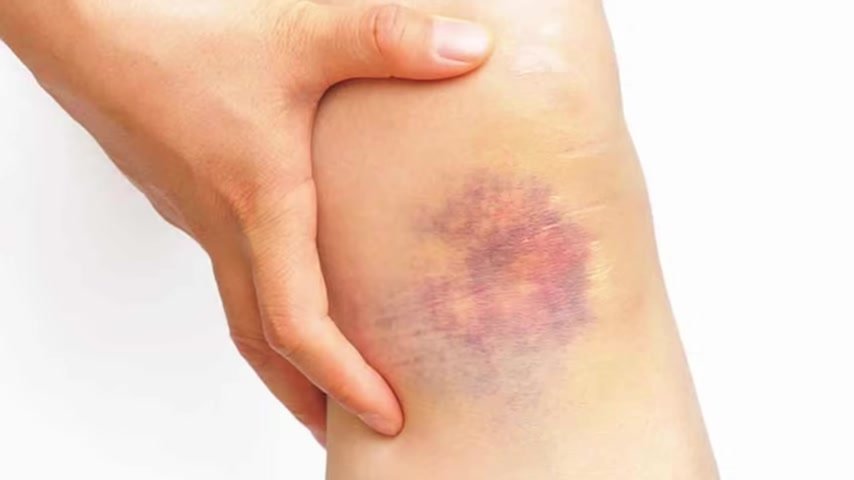
number 3 , is bruising .
Now remember I talked about this k one right here in the vitamin c complex ?
Well , vitamin k helps to prevent bleeding .
So it’s kind of a coagulation .
So it’s gonna help you prevent , this excessive bleeding when you injure yourself .
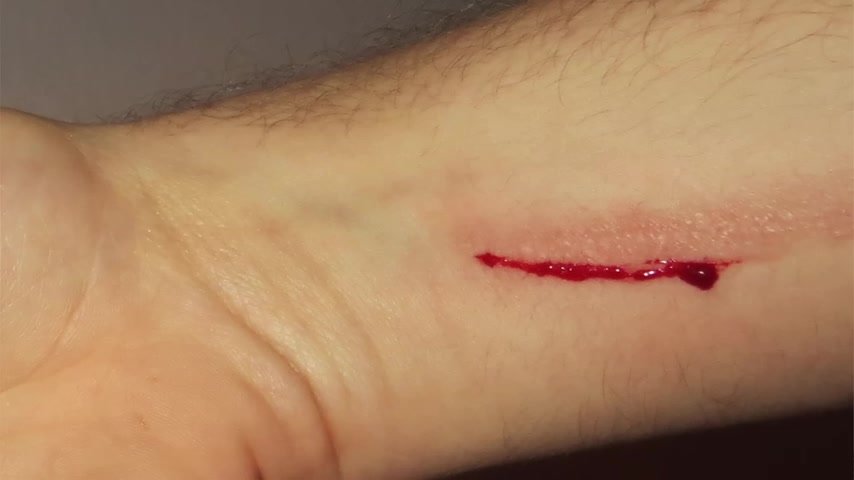
But if you have a vitamin c deficiency without any injury , no no reason for bruising and you get a bruise , you might wanna look at a vitamin c deficiency .
Next one is dry , rough , scaly skin .
That can be a vitamin c deficiency .
And as a side note , the chemical , structure of vitamin c is very similar to glucose .
And so if you’re consuming sugar at the same time you’re consuming vitamin c , guess what’s gonna take priority ?
The glucose .
This is why kids , adults who consume a lot of sugar are usually always low in vitamin c .
Also , if you’re a smoker , you’re gonna be deficient in vitamin c because the need for vitamin c goes way up .
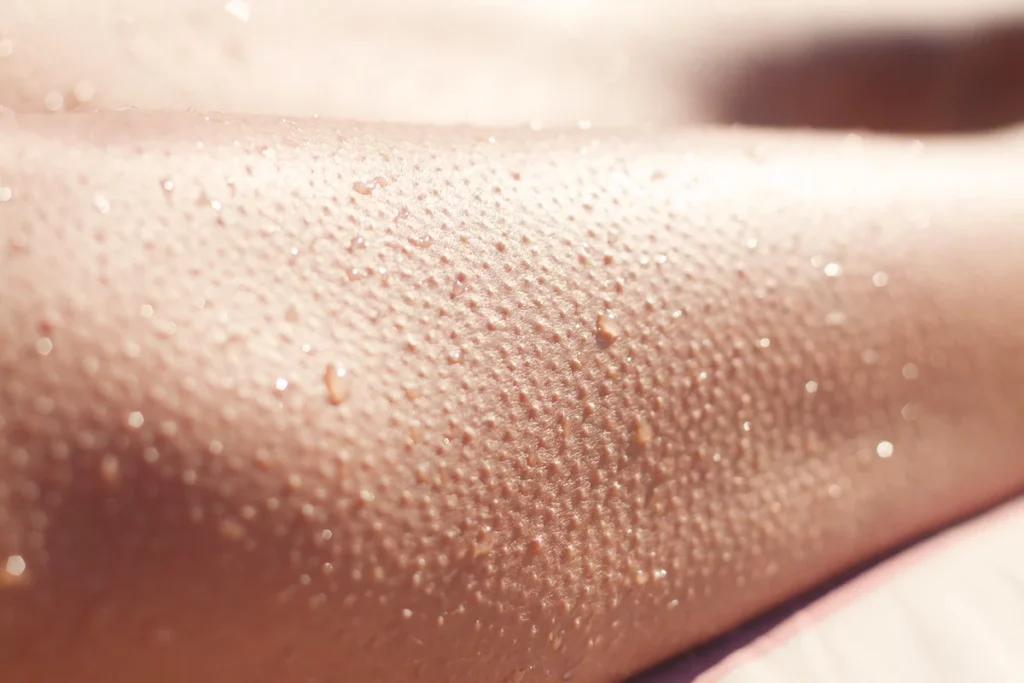
Chicken skin .
Like , maybe in the back of the arms , you see these little little , bumps that you have .
And they’re slightly red , or it could be on the legs or your thighs .
That could be a vitamin c deficiency .
It could also be an omega 3 fatty acid deficiency as well .
Nosebleeds are a symptom of low vitamin c .
And then we have dry splitting hair , which is another indication that you are low in vitamin c .
The best source of vitamin C
Now the best way to get vitamin c is from food or food concentrates , from lemon or lemon juice .
The problem with lemon juice is that it’s heated , and heat destroys vitamin c .
So if you’re gonna use lemon juice to get your vitamin c , make sure you get it from actual lemons that you juice or blend the whole lemon like I do in the morning with a glass of water and a teaspoon of my electrolyte powder .
It tastes great .
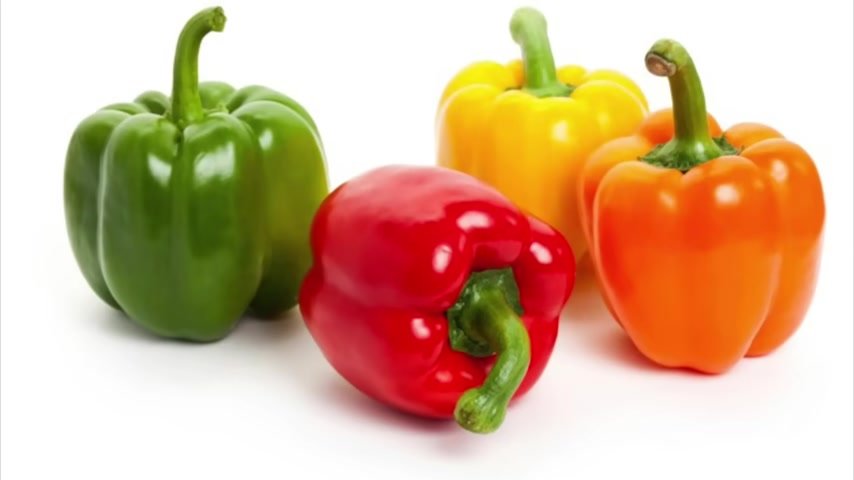
But you can get vitamin c from peppers , any type of peppers , green peppers , red peppers .
Vitamin c is in cabbage .
vitamin c is in the berries , but the highest vitamin c is in sauerkraut
Sauerkraut .

One cup of sauerkraut could give you up to , like , 10 times the vitamin c that your body requires each day .
Now since vitamin c is an interesting topic , you should probably watch my other topics I did on vitamin c right here .
key Ponts:
The natural vitamin C complex includes:
• Ascorbic acid
• Vitamin P
• Vitamin K
• Vitamin J
• Copper
Overall, vitamin C is essential to support your immune system, connective tissue, and capillaries. It’s also a very powerful antioxidant.
The top signs of low vitamin C:
- Bleeding gums
- Small red and purple dots on your skin
- Bruising
- Dry, rough, or scaly skin
- Chicken skin
- Nose bleeds
- Dry, splitting hair
The best sources of vitamin C are foods high in vitamin C or food concentrates.
Foods rich in vitamin C:
• Lemons
• Peppers
• Cabbage
• Blueberries
• Sauerkraut

